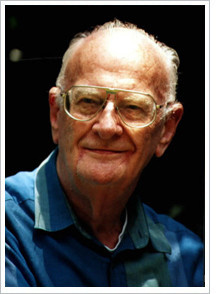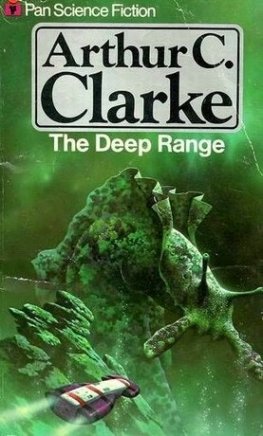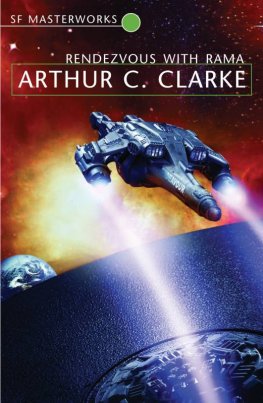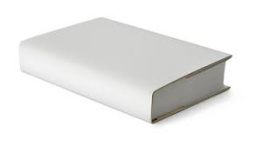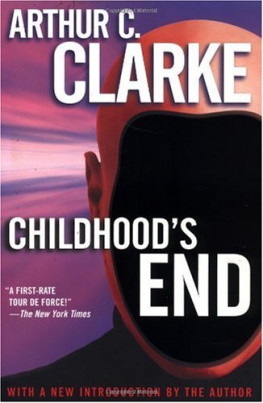Arthur Charles Clarke - The Star (Hugo Best Short Story winner (1956)
Here you can read online Arthur Charles Clarke - The Star (Hugo Best Short Story winner (1956) full text of the book (entire story) in english for free. Download pdf and epub, get meaning, cover and reviews about this ebook. year: 1955, genre: Detective and thriller. Description of the work, (preface) as well as reviews are available. Best literature library LitArk.com created for fans of good reading and offers a wide selection of genres:
Romance novel
Science fiction
Adventure
Detective
Science
History
Home and family
Prose
Art
Politics
Computer
Non-fiction
Religion
Business
Children
Humor
Choose a favorite category and find really read worthwhile books. Enjoy immersion in the world of imagination, feel the emotions of the characters or learn something new for yourself, make an fascinating discovery.
- Book:The Star (Hugo Best Short Story winner (1956)
- Author:
- Genre:
- Year:1955
- Rating:3 / 5
- Favourites:Add to favourites
- Your mark:
- 60
- 1
- 2
- 3
- 4
- 5
The Star (Hugo Best Short Story winner (1956): summary, description and annotation
We offer to read an annotation, description, summary or preface (depends on what the author of the book "The Star (Hugo Best Short Story winner (1956)" wrote himself). If you haven't found the necessary information about the book — write in the comments, we will try to find it.
The Star (Hugo Best Short Story winner (1956) — read online for free the complete book (whole text) full work
Below is the text of the book, divided by pages. System saving the place of the last page read, allows you to conveniently read the book "The Star (Hugo Best Short Story winner (1956)" online for free, without having to search again every time where you left off. Put a bookmark, and you can go to the page where you finished reading at any time.
Font size:
Interval:
Bookmark:

I stare at the crucifix that hangs onthe cabin wall above the Mark VI computer, and for the first time in mylife I wonder if it is no more than an empty symbol.
Ihave told no one yet, but the truth cannot be concealed. The data arethere for anyone to read, recorded on the countless miles of magnetictape and the thousands of photographs we are carrying back to Earth.Other scientists can interpret them as easily as I canmore easily, inall probability. I am not one who would condone that tampering with theTruth which often gave my Order a bad name in the olden days.
Thecrew is already sufficiently depressed, I wonder how they will takethis ultimate irony. Few of them have any religious faith, yet theywill not relish using this final weapon in their campaign againstmethat private, good-natured but fundamentally serious war whichlasted all the way from Earth. It amused them to have a Jesuit as chiefastrophysicist: Dr. Chandler, for instance, could never get over it(why are medical men such notorious atheists?). Sometimes he would meetme on the observation deck, where the lights are always low so that thestars shine with undiminished glory. He would come up to me in thegloom and stand staring out of the great oval port, while the heavenscrawled slowly round us as the ship turned end over end with theresidual spin we had never bothered to correct.
Well,Father, he would say at last. It goes on forever and forever, andperhaps Something made it. But how you can believe that Something has aspecial interest in us and our miserable little worldthat just beatsme. Then the argument would start, while the stars and nebulae wouldswing around us in silent, endless arcs beyond the flawlessly clearplastic of the observation port.
It was, I think,the apparent incongruity of my position which... yes, amused...the crew. In vain I would point to my three papers in the AstrophysicalJournal, my five in the Monthly Notices of the Royal AstronomicalSociety. I would remind them that our Order has long been famous forits scientific works. We may be few now, but ever since the eighteenthcentury we have made contributions to astronomy and geophysics out ofall proportions to our numbers.
Will my report onthe Phoenix Nebula end our thousand years of history? It will end, Ifear, much more than that.
I do not know who gavethe Nebula its name, which seems to me a very bad one. If it contains aprophecy, it is one which cannot be verified for several thousandmillion years. Even the word nebula is misleading: this is a farsmaller object than those stupendous clouds of mistthe stuff of unbornstarswhich are scattered throughout the length of the Milky Way. Onthe cosmic scale, indeed, the Phoenix Nebula is a tiny thinga tenuousshell of gas surrounding a single star.
Or what is left of a star...
You gaze intothe distance, Father, but I have traveled a distance beyond any thatyou could have imagined when you founded our Order a thousand yearsago. No other survey ship has been so far from Earth: we are at thevery frontiers of the explored universe. We set out to reach thePhoenix Nebula, we succeeded, and we are homeward bound with our burdenof knowledge. I wish I could lift that burden from my shoulders, but Icall to you in vain across the centuries and the light-years that liebetween us.
On the book you are holding the words are plain to read. AD MAIOREM DEI GLORIAM the message runs, but it is a message I can no longer believe. Would you still believe it, if you could see what we have found?
Weknew, of course, what the Phoenix Nebula was. Every year, in our galaxyalone, more than a hundred stars explode, blazing for a few hours ordays with thousands of times their normal brilliance before they sinkback into death and obscurity. Such are the ordinary novaethecommonplace disasters of the universe. I have recorded the spectrogramsand light-curves of dozens, since I started working at the lunarobservatory.
But three or four times in everythousand years occurs something beside which even a nova pales intototal insignificance.
When a star becomes asupernova, it may for a little while outshine all the massed suns ofthe galaxy. The Chinese astronomers watched this happen in 1054 A.D.so brilliantly that it was visible in the daylight sky. There have beenthree more in the thousand years that have passed since then.
Ourmission was to visit the remnants of such a catastrophe, to reconstructthe events that led up to it, and, if possible, to learn its cause. Wecame slowly in through the concentric shells of gas that had beenblasted out six thousand years before, yet were expanding still. Theywere immensely hot, radiating still with a fierce violet light, but fartoo tenuous to do us any damage. When the star had exploded, its outerlayers had been driven upwards with such speed that they had escapedcompletely from its gravitational field. Now they formed a hollow shelllarge enough to engulf a thousand solar systems, and at its centerburned the tiny, fantastic object which the star had now becomea whitedwarf, smaller than the Earth yet weighing a million times as much.
Theglowing gas shells were all around us, banishing the normal night ofinterstellar space. We were flying into the center of a cosmic bombthat had detonated millennia ago and whose incandescent fragments werestill hurtling apart. The immense scale of the explosion, and the factthat the debris already covered a volume of space many billions ofmiles across, robbed the scene of any visible movement. It would takedecades before the unaided eye could detect any motion in thesetortured wisps and eddies of gas, yet the sense of turbulent expansionwas overwhelming.
Noone seriously expected to find planets. If there had been any beforethe explosion, they would have been boiled into puffs of vapor, andtheir substance lost in the greater wreckage of the star itself. But wemade the automatic search, as always when approaching an unknown sun,and presently we found a single small world circling the star at animmense distance. It must have been the Pluto of this vanished solarsystem, orbiting on the frontiers of the night. Too far from thecentral sun ever to have known life, its remoteness had saved it fromthe fate of all its lost companions.
The passingfires had seared its rocks and burnt away the mantle of frozen gas thatmust have covered it in the days before the disaster. We landed, and wefound the Vault.
Its builders had made sure thatwe should. The monolithic marker that stood above the entrance was nowa fused stump, but even the first long-range photographs told us thathere was the work of intelligence. A little later we detected thecontinent-wide pattern of radioactivity that had been buried in therock. Even if the pylon above the Vault had been destroyed, this wouldhave remained, an immovable and all but eternal beacon calling to thestars. Our ship fell towards this gigantic bulls-eye like an arrowinto its target.
Font size:
Interval:
Bookmark:
Similar books «The Star (Hugo Best Short Story winner (1956)»
Look at similar books to The Star (Hugo Best Short Story winner (1956). We have selected literature similar in name and meaning in the hope of providing readers with more options to find new, interesting, not yet read works.
Discussion, reviews of the book The Star (Hugo Best Short Story winner (1956) and just readers' own opinions. Leave your comments, write what you think about the work, its meaning or the main characters. Specify what exactly you liked and what you didn't like, and why you think so.

